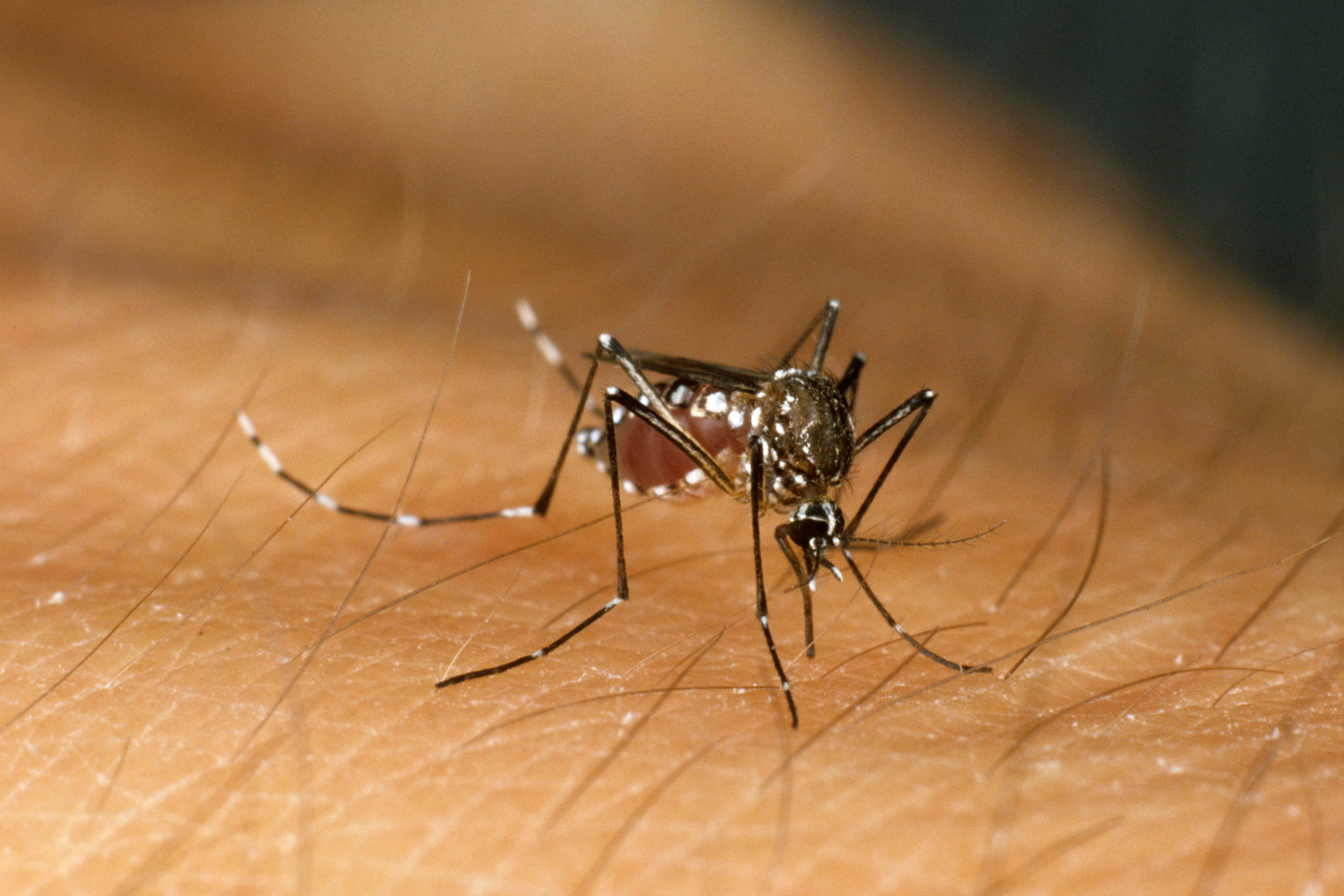Over half of world’s population ‘could be at risk of mosquito-borne diseases’
Experts warn outbreaks could occur in places were public health systems are unprepared.

Your support helps us to tell the story
From reproductive rights to climate change to Big Tech, The Independent is on the ground when the story is developing. Whether it's investigating the financials of Elon Musk's pro-Trump PAC or producing our latest documentary, 'The A Word', which shines a light on the American women fighting for reproductive rights, we know how important it is to parse out the facts from the messaging.
At such a critical moment in US history, we need reporters on the ground. Your donation allows us to keep sending journalists to speak to both sides of the story.
The Independent is trusted by Americans across the entire political spectrum. And unlike many other quality news outlets, we choose not to lock Americans out of our reporting and analysis with paywalls. We believe quality journalism should be available to everyone, paid for by those who can afford it.
Your support makes all the difference.More than half of the world’s population could be at risk of catching diseases transmitted by mosquitoes such as malaria and dengue by the end of the century, scientists have warned.
Experts said mosquito-borne outbreaks, driven by global warming, are set to spread to parts of northern Europe and other regions of the world over the next few decades.
In the UK, figures released by the UK Health Security Agency (UKHSA) show imported malaria cases last year exceed 2,000 for the first time in over 20 years.
We must anticipate outbreaks and move to intervene early to prevent diseases from happening in the first place
It said there were 2,004 cases of malaria confirmed in England, Wales and Northern Ireland in 2023 following travel abroad, compared to 1,369 in 2022.
The rise, according to the UKHSA, is linked to the resurgence of malaria in many countries and an increase in overseas travel following pandemic restrictions being removed.
Meanwhile globally, the number of dengue cases reported to the World Health Organisation has increased eight-fold in the last two decades, from 500,000 in 2000 to over five million in 2019.
In Europe, mosquitoes that carry dengue have invaded 13 European countries since 2000, with local spread of the disease seen in France, Italy, and Spain in 2023.
The researchers said that until recently, dengue was largely confined to tropical and subtropical regions because freezing temperatures kill the mosquito’s larvae and eggs.
Rachel Lowe, a professor at the Catalan Institution for Research and Advanced Studies in Spain, said: “Global warming due to climate change means that the disease vectors that carry and spread malaria and dengue can find a home in more regions, with outbreaks occurring in areas where people are likely to be immunologically naive and public health systems unprepared.
Ultimately, the most effective way to reduce the risk of these diseases spreading to new areas will be to dramatically curb emissions
“The stark reality is that longer hot seasons will enlarge the seasonal window for the spread of mosquito-borne diseases and favour increasingly frequent outbreaks that are increasingly complex to deal with.”
The researchers said that if global warming can be limited to 1C, the population at risk of malaria and dengue could increase by an additional 2.4 billion people by 2100, relative to 1970-1999.
But they predict that if current trajectory of carbon emissions and population growth continues, 4.7 billion could be affected by dengue and malaria by the end of the century.
Prof Lowe said: “With climate change seeming so difficult to address, we can expect to see more cases and possibly deaths from diseases such as dengue and malaria across mainland Europe.
“We must anticipate outbreaks and move to intervene early to prevent diseases from happening in the first place.”
The researchers are now developing ways to predict when and where epidemics might occur using disease surveillance and climate change data.
Prof Lowe said: “By analysing weather patterns, finding mosquito breeding sites with drones, and gathering information from local communities and health officials, we are hoping to give communities time to prepare and protect themselves.
“But ultimately, the most effective way to reduce the risk of these diseases spreading to new areas will be to dramatically curb emissions.”
The findings were presented at the ESCMID Global Congress in Barcelona, Spain.